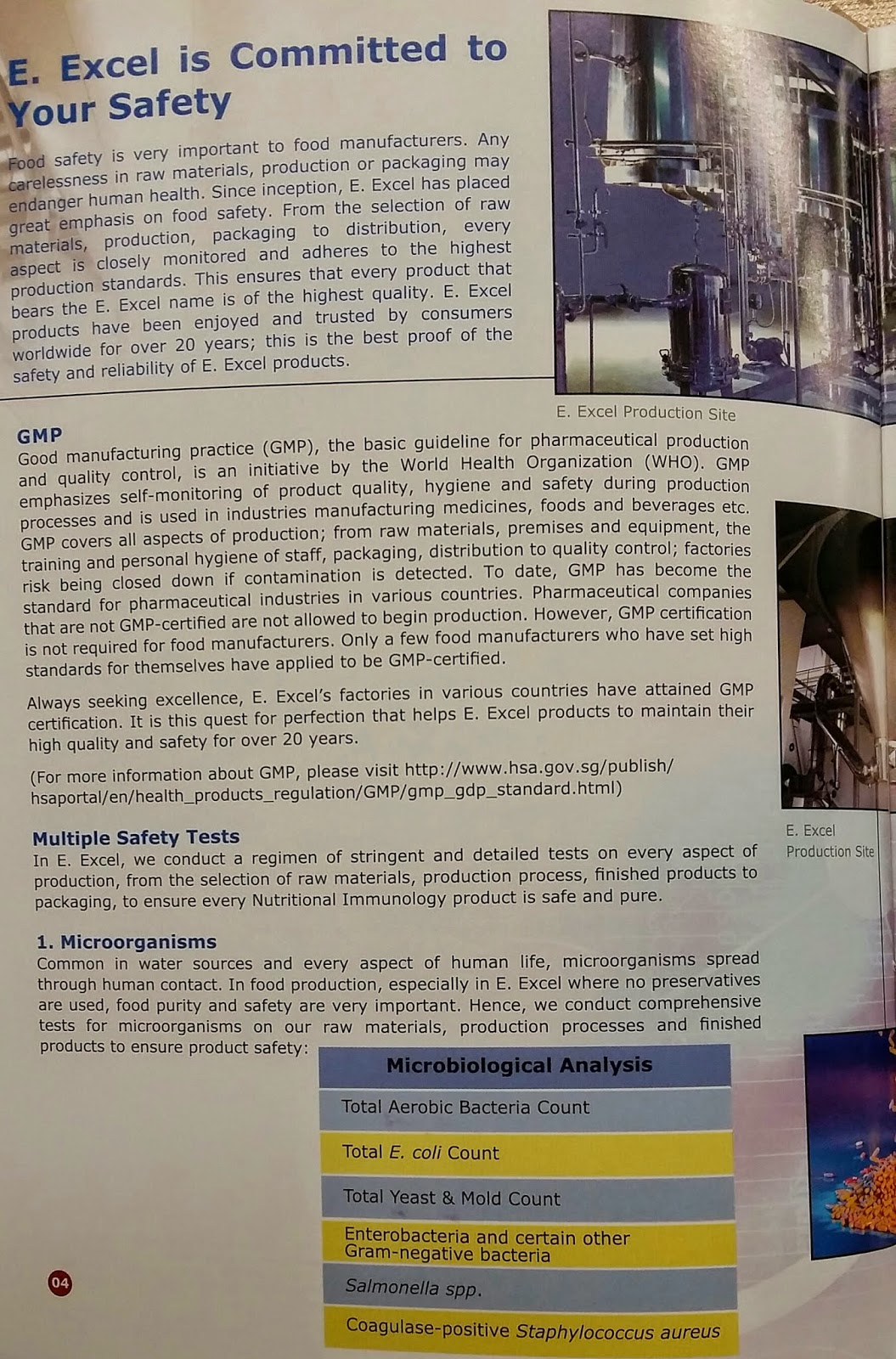Following is extracted from:
http://www.takepart.com/article/2014/07/15/daily-fix?cmpid=foodinc-fb
While many of us have forked over a little extra money to buy organic when summer cherries looked extra succulent, and others of us are devoted to farmers markets, where pesticide-free, field-fresh fruits and veggies abound, the jury has been out on whether organic foods are more nutritious than run-of-the-mill produce.
Scientists have long sparred over the differences between organic produce and conventionally grown crops, resulting in numerous studies on the topic. On Monday, the British Journal of Nutrition published research that reviewed 343 studies on the topic and found that "organic crops and organic-crop-based foods contained higher concentrations of antioxidants on average than conventionally grown foods," the Los Angeles Times reports.
The hypothesis for why that is can be summed up thus: What doesn't kill you makes you stronger, when it comes to growing food. Scientists think organic plants may be producing more antioxidants and natural toxins to fight insects and other environmental threats that pesticides are usually used to abate.
For crops to be labeled "organic" in the U.S., farmers can't use synthetic pesticides, growth hormones, antibiotics, genetic engineering, or chemical fertilizers.
The scientists who published the journal study went beyond comparing what's in the produce to noting what's on it. Researchers found that non-organic fruits and vegetables also had more pesticide residues, and the toxic metal cadmium was present on foods. That doesn't mean organic fruits and vegetables are always pesticide-free—about 25 percent of those crops have pesticide residues because of drifting soil, tainted irrigation waters, or contamination during packaging.
Of course, such discussion doesn't matter much if Americans aren't eating enough produce.
"Buying organic is the surest way of limiting exposure if you have health issues, but by all means, people need to increase their consumption of fruits and vegetables whether it's organic or conventional," study coauthor Charles Benbrook, a research professor at Washington State University, told the Times.
-----------------------------------------------------------------------------------------
That doesn't mean organic fruits and vegetables are always pesticide-free—about 25 percent of those crops have pesticide residues because of drifting soil, tainted irrigation waters, or contamination during packaging
http://www.wholesomesuperfood.com/2014/07/which-will-you-choose.html?m=1
Thank you and best regards
Anlinna
97919279






No comments:
Post a Comment